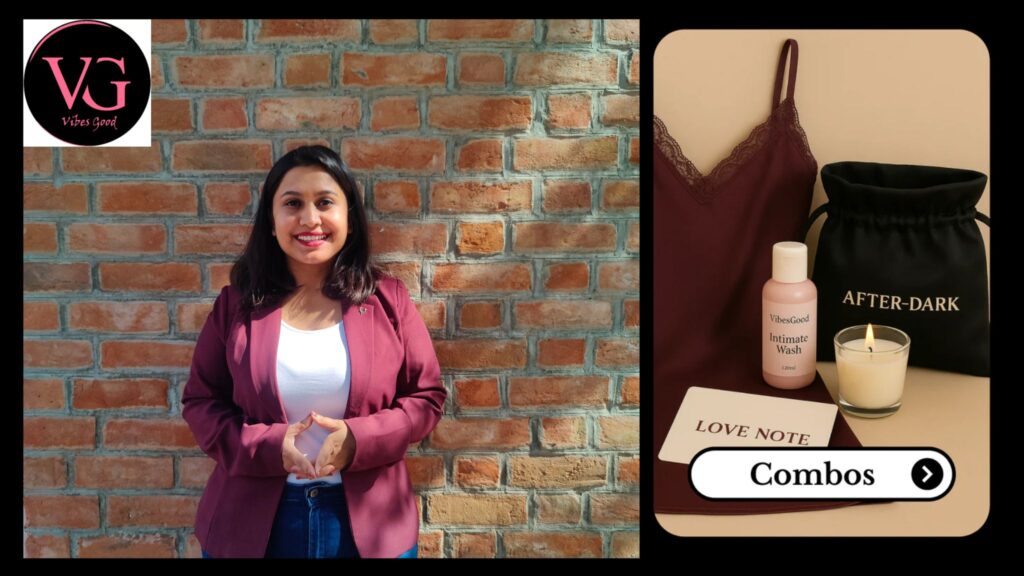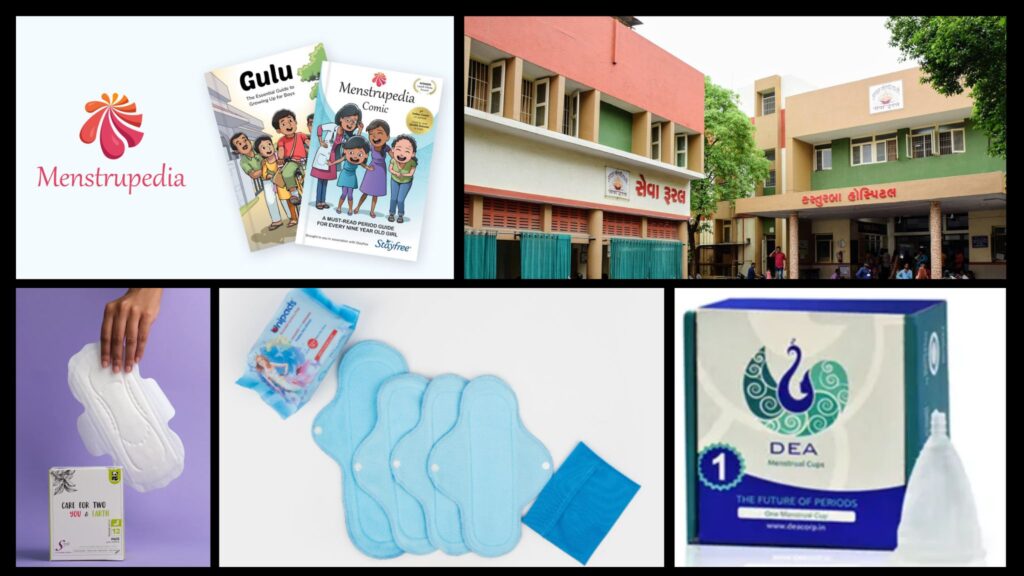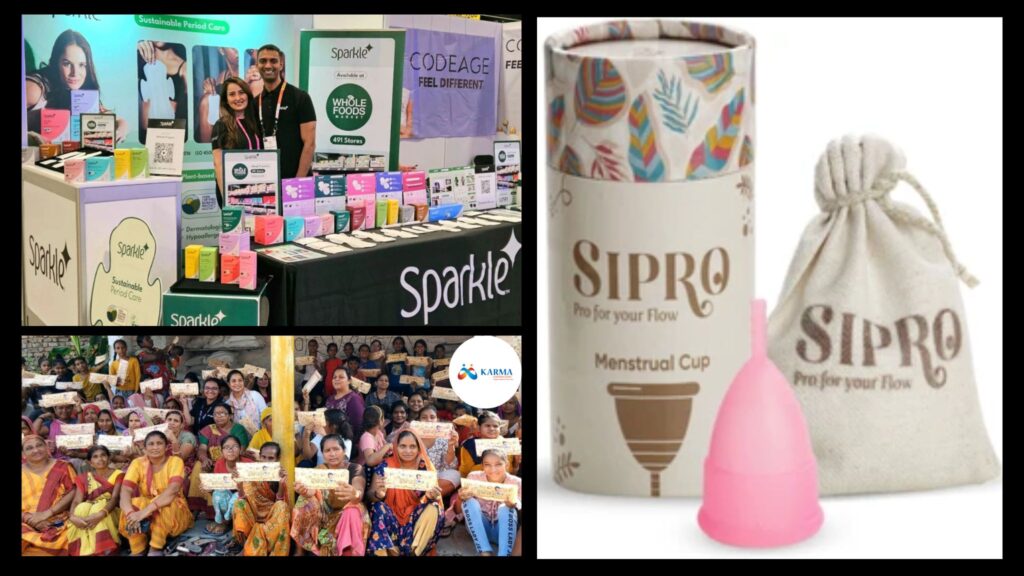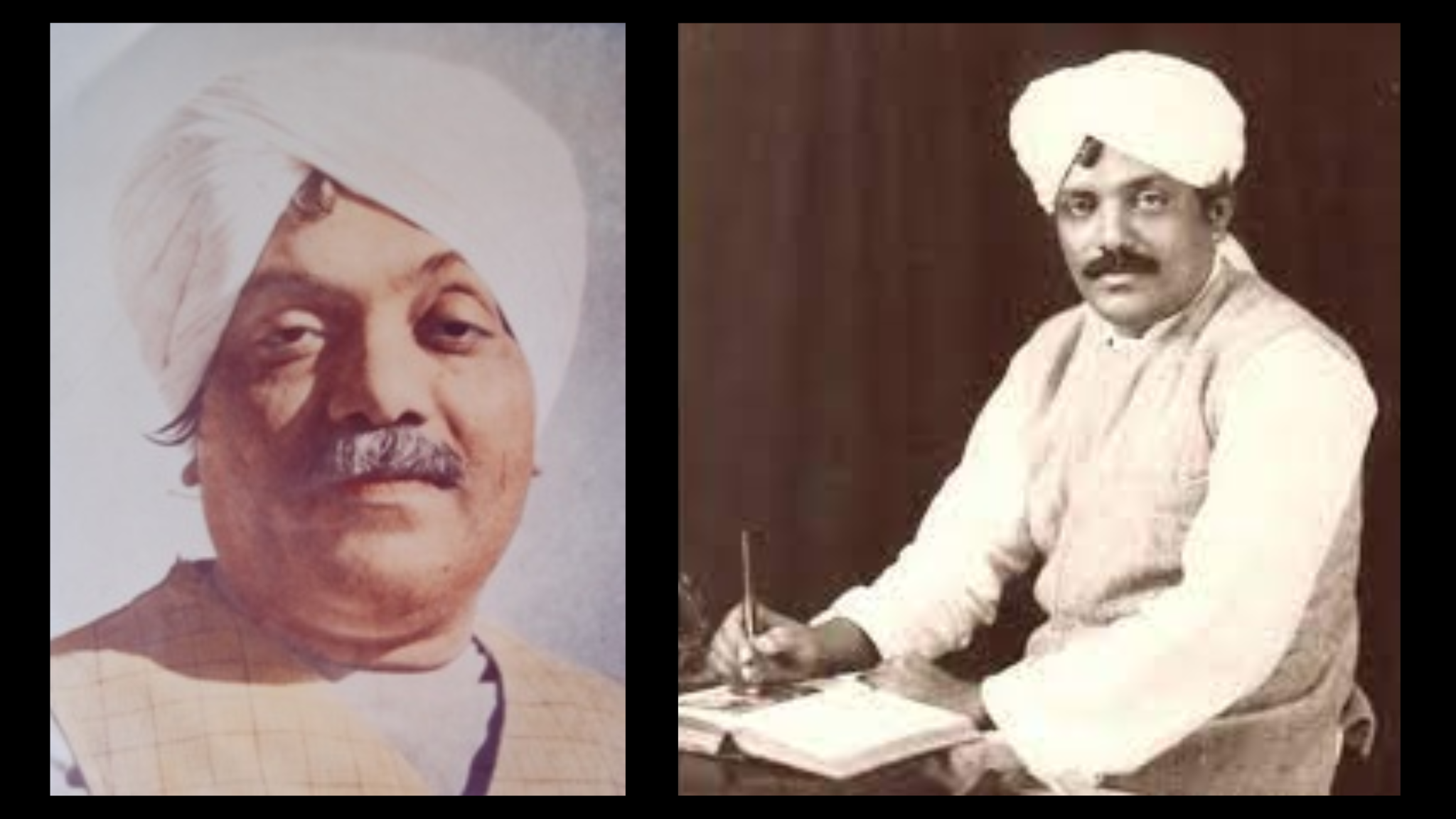May 28th is observed as Menstrual Hygiene day internationally. A day to break down barriers, overcome taboos, and promote sustainable and safe menstrual hygiene products. Intervention is desperately needed to raise awareness and create accessibility in a nation like India. To break the stigma of menstruation which still looms large. Fortunately, many visionaries from Gujarat are trying hard to alter this narrative.
From providing greener alternatives to sanitary items to imparting menstrual education to girls in remote villages, these pioneers are redefining the way India looks at menstruation. With respect, sustainability, and empowerment. This article explores such inspiring people and the initiatives they represent. With insights into their platforms and what makes them different, as well as their suggestions for bigger awareness concerning menstrual hygiene. Lets have a look on these amazing organizations and startups.
- Nishi Jain – VibesGood
Nishi Jain is the owner and founder of VibesGood, based in Gujarat, which endeavors to create a safe environment for menstrual awareness. VibesGood does not merely sell menstrual products. It creates conversations. Through workshops, community engagement, and social media campaigns. Nishi and her team work to end the period silence. Their main line of products comprises eco-friendly pads and wellness kits, thus encouraging health along with environmental consciousness.

“Periods are not a problem — poor menstrual hygiene is. At VibesGood, we believe every woman deserves access to clean, safe, and stigma-free period care. Let’s break the silence, embrace education, and empower women to bleed with dignity and confidence.”- Nishi Jain, Founder and CEO, VibesGood.
- Aditi Gupta – Menstrupedia
Aditi Gupta is one of the founders of Menstrupedia with the intention of demystifying menstruation for adolescent boys and girls. The platform is based in Ahmedabad and produces comic books, educational resources, and workshops that help create an understanding of periods. Since its inception, Menstrupedia has been adopted in over 10,000 schools and NGOs-in India and abroad. Aditi wants to give the next generation a revolutionary yet straightforward chance to be equipped with correct, shaming-free menstrual education, right from adolescence.
- Kristin Kagetsu, Tarun Bothra and Grace Kane– Saathi Pads
The three social entrepreneurs Kristin Kagetsu, Tarun Bothra and Grace Kane founded Saathi Pads in Ahmedabad to resolve two pressing issues: menstrual hygiene and plastic pollution. Their solution happened to be meaningfully 100% biodegradable sanitary pads made of banana fiber. Saathi Pads gives the first green alternative to conventional products and maintains a focus on being affordable and accessible. Their products have been able to penetrate women in rural and underserved areas with the help of CSR partnerships and worldwide recognitions for sustainability.
- Geeta Solanki – Unipads
A view of Unipads founder Geeta Solanki, which manufactures cheap and reusable cloth sanitary pads for women in India, especially in rural areas. Headquartered in Ahmedabad, Unipads presents a unique setup from all other organizations because of the holistic approach it takes. The organization promotes livelihood along with hygiene by employing underprivileged women to make pads, provide menstrual education, and distribute products through self-help groups and NGOs, thus making a cycle of empowerment for women by women.
- Smta Amol Mane – DEA Corp
Smta Amol Mane from DEA Corp is trying to change the whole regime of menstrual health through technology in Gujarat. DEA Corp uses scientific research and product development to create high-quality, safe, and affordable solutions for menstruation hygiene. Apart from product offerings, DEA Corp also has community awareness programs on menstrual health in semi-urban and rural areas to link innovation with impact.

- Hetal Virani & Chirag Virani – Sparkle Life
Emerging from the vibrant city culture of Surat, Sparkle Life is resuscitating menstrual care through innovation and impact. Co-founded by Hetal Virani and Chirag Virani, Sparkle produces biodegradable sanitary pads with bamboo fiber, banana fiber, and cornstarch materials, all skin-friendly and planet-friendly. What differentiates Sparkle is the “Buy One, Give One” model, wherein every paid purchase results in another pad being granted to a girl in need. With one of the largest eco-friendly pad manufacturing units in India, producing more than a million pads per day, Sparkle is setting an example that marketing and sustainability can coexist at scale.
- Dr. Lata Desai – SEWA Rural
Dr. Lata Desai has been active at the grassroots level for over three decades through SEWA Rural, Jhagadia, Bharuch. Her method of dealing with menstrual hygiene is a blend of medical knowledge and community participation. SEWA Rural organizes health camps, sessions in schools, and women’s circles where menstrual health is openly discussed. Ensuring that adolescent girls and women receive sanitary materials and counseling has kept menstrual health as one of the focal points of health care in rural settings.
- Paresh Vora – Sipro– Sustainable Menstrual Hygiene Solutions
Based in Ahmedabad, Sipro is a sustainable menstrual hygiene solutions brand by Paresh Vora. It focuses on biodegradable pads, menstrual cups which are environmental-friendly menstrual products. It is an initiative that also conducts awareness programs at low-income regions and schools. The aim is to develop long-term menstrual guidance and waste minimization. Sipro balances its work to ensure an innovative yet accessible market whereby women can choose menstrual products that are good for bodies and good for Mother Earth.
- Priyanshi Patel – Karma Foundation– Right to Cleanliness Initiative
The Karma Foundation, initiated by Priyanshi Patel, is running the Right to Cleanliness Initiative, a remarkable program that empowers women inmates at Sabarmati Central Jail to manufacture biodegradable sanitary pads. In collaboration with Navjivan Trust, it produces more than 3,000 pads a day, giving the women an opportunity for employment, training, and dignity.These pads are distributed at no cost to those who sit in jail and to adolescent aspirants in rural India. The Karma Foundation works toward extending such second chances, which are men and women to good health.

Conclusion
Menstrual Hygiene Day is not just a symbolic date — it’s an emblem of how far to travel yet remains. But the momentum to give the journey greater speed and support is growing due to the courage and creativity of Gujarat’s trailblazers in menstrual health.
From the classrooms of Ahmedabad to the villages of Bharuch, these founders shake barriers with comics, cloth pads, banana fiber, and bold performances. Their painstaking work reflects a simple yet profound truth: menstruation is normal, and hygienic management of it must become a basic right and not a matter of luxury or shame.
Whether you are a policymaker, parent, student, or entrepreneur, you have a voice in this conversation. Back sustainable menstrual products. Speak openly with youngsters about their bodies. Make “period” a common word. At Gujpreneur, we celebrate those who dare to change the narrative. Support the pioneers of menstrual health in Gujarat- invest in ideas that build up, educate, and empower. Because real business runs on purpose.







